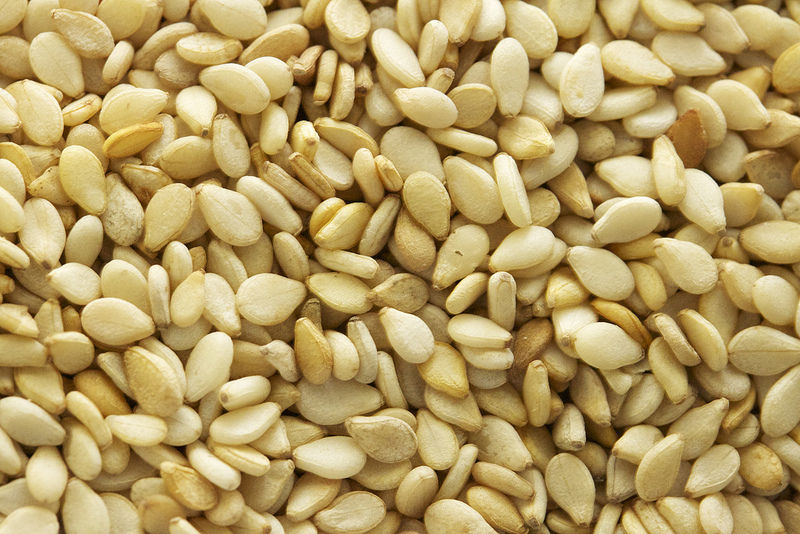How to trade on commodity exchange
Very few Nigerian farmers know how the Nigeria Commodity Exchange, an organised market for sellers and buyers of agricultural commodities and solid minerals work. Recently, farmers under the aegis of the Nigeria Agricultural Commodities Forum visited and have been advised to trade in the Nigeria Commodity Exchange as a better organised market Alhaji Bashir Yusuf […]

Sesame Seeds
Very few Nigerian farmers know how the Nigeria Commodity Exchange, an organised market for sellers and buyers of agricultural commodities and solid minerals work.
Recently, farmers under the aegis of the Nigeria Agricultural Commodities Forum visited and have been advised to trade in the Nigeria Commodity Exchange as a better organised market
Alhaji Bashir Yusuf Ibrahim, chairman of the Nigeria Agricultural Commodities Forum said they wanted to engage all stakeholders in agriculture in Nigeria in order to harness the potential and better organise the market for their produce.
“We consider the Nigeria Commodity Exchange as a very important stakeholder because at the end of the day, this is where commodities ought to be traded. We realised that as those who produce the commodities, we have insufficient knowledge about the operations of the exchange and we consider this knowledge as important as our own activities,’’ he said.
The forum wants to see how they can move from producers to also traders in order to enhance the capacity of the farmers and those at the exchange.
The general manager of the Exchange’s operations, Benson Lawal, explained how farmers could trade at the commodity exchange.
“When you want to trade at the Exchange as a farmer, you bring your commodities to the warehouse. The Exchange has 21 warehouses across the country and we are still craving to have more, so that the warehouses would be accessible across the country. We want to make the warehouses as close as possible to all Nigerian farmers,” he said.
When a farmer’s goods get to the warehouses, a sample will be drawn from the commodities and taken to the lab and graded as 1, 2 or 3 categories in the order of its quality, with grade 1 being the highest.
Mr Lawal said samples could be taken from each of the bags supplied. In this case, the sample is tamed 100 per cent. In some cases, samples can be randomly collected to represent 75 per cent, which can be classified as the quality of the commodities. It is this sample that will be taken to the laboratory for testing and grading. This can be done immediately, except for other chemical content that requires advance testing.
Once this is done, all the commodities brought by the farmers will be stored together, according to their grades (quality level).
Once this is done, the farmers can give instruction to the broker at the warehouse on how to sell his/her crops. The broker then keys into the computer network system, notifying others of the availability of a commodity. For example, 100 tons of maize to sell, which will then be visible at the floor of the Exchange for buyers to express their interest.
Buyers can, therefore, buy and fund their account. The trading system is such that if you trade today, the farmers have to wait for three working days to get his/her money. But the Exchange is working on a system that will enable farmers to get their money immediately once trading is completed at the exchange.
Six commodities – maize, sorghum, sesame, cocoa, millet, and rice —are currently traded at the Exchange, but Alhaji Ibrahim appealed for consideration of more commodities like ginger, sunflower, livestock products.
